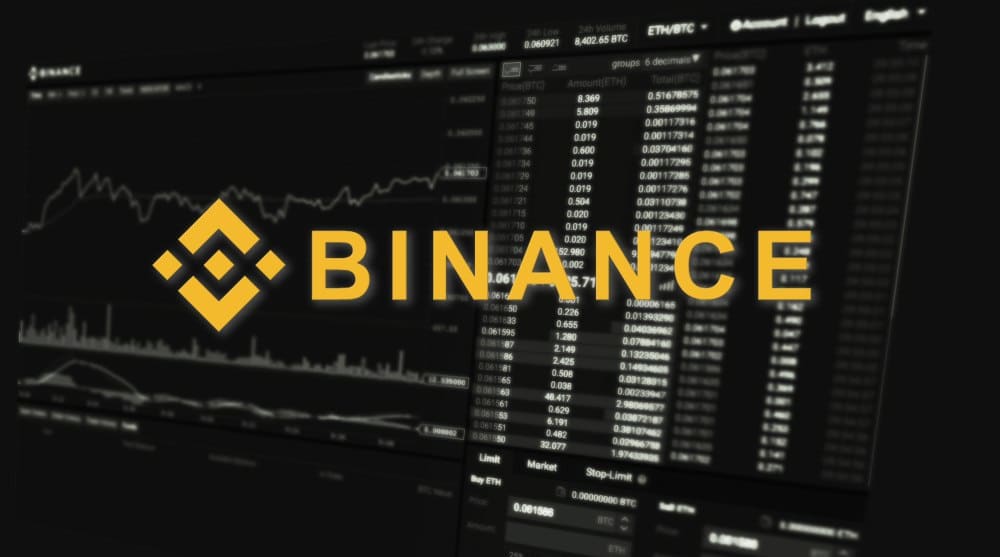Binance, a prominent player in the crypto market, has reached unparalleled heights with its impressive trade volume and assets.
In 2021, Binance processed a whopping $9.5 trillion worth of trades, making it the world’s largest crypto exchange. However, despite its success, the crypto exchange is not authorized to operate in China, which imposed a ban on crypto trading in 2021.
To maintain its credibility, Binance’s founder has emphasized the importance of the exchange’s Know Your Customer system, which is a billion-dollar investment.
Among its key functions, the KYC system is designed to prevent customers who are not supposed to be on the platform, such as Chinese residents, from accessing it.
Despite these measures, Binance customers in China and worldwide often find ways to circumvent the platform’s controls and conceal their country of residence or origin.
Reports in Binance’s official Chinese-language chat rooms suggest that customers frequently flout the exchange’s policies, raising questions about Binance’s ability to enforce its regulations effectively.
Binance Volunteers and Employees were Complicit
Messages from a Discord server and Telegram group were obtained and analyzed. These messages revealed that more than 220,000 registered users were accessible to anyone who registered and joined, with no restrictions on access until late March.
The messages were from accounts belonging to Binance employees and volunteers, known as “Angels.” These individuals shared various techniques to circumvent Binance’s Know Your Customer, verification, and residency systems.
Some of the tactics that were shared included forging bank documents or providing false addresses, while others involved manipulating Binance’s systems.
In addition to sharing techniques, Binance employees and customers also exchanged video guides and documents on how mainland residents could falsify their country of residence to obtain Binance’s debit card.
However, Binance’s Chinese users face significant risks, as crypto exchanges and crypto itself have been outlawed in China since 2021. Moreover, many of the products that Chinese residents seek access to are also illegal under Chinese law.
Raising Concerns About the Crypto Exchange’s Security
The techniques shared among Binance customers also raise questions about the effectiveness of the exchange’s anti-money laundering efforts.
For global businesses like Binance, strict KYC and AML measures are critical in preventing customers from engaging in illegal activities such as fraud and terrorism.
Financial regulation experts expressed concern that Binance’s KYC and AML systems can be easily circumvented.
Duke University professor Sultan Meghji stated that if he had previously rated Binance’s regulatory and national security concerns at an eight out of 10, these revelations would increase his concerns to 10 out of 10.
He also expressed concerns about the broader implications of Binance’s lack of enforcement of KYC guidelines, extending beyond China.
Sultan emphasized the national security risks posed by the potential exploitation of these vulnerabilities by criminals, terrorists, money launderers, and cyber criminals in countries like North Korea or Russian oligarchs.
Wells Fargo’s anti-money laundering executive, Jim Richards, concurred that the techniques for evading Binance’s KYC controls could have implications beyond China.
Richards pointed out the potential risks associated with customers from countries such as North Korea, Russia, or Iran.
Will Binance Take Action?
A spokesperson from Binance stated that the exchange had taken action against employees who may have violated their internal policies, including those who solicited or recommended actions not permitted or in line with their standards.
The spokesperson highlighted that Binance has strict policies that require all users to pass KYC by providing personal identification information and their country of residence.
Furthermore, the spokesperson explicitly stated that Binance employees are not allowed to suggest or support users in circumventing local laws and regulatory policies. Any employee found violating these policies would face immediate dismissal or audit.
Final Thoughts
Numerous crypto exchanges across the globe have come under a great deal of scrutiny as regulations tighten.
With time, governments and regulators could introduce stricter protocols to ensure their crypto trading sphere remains safe and protected.

